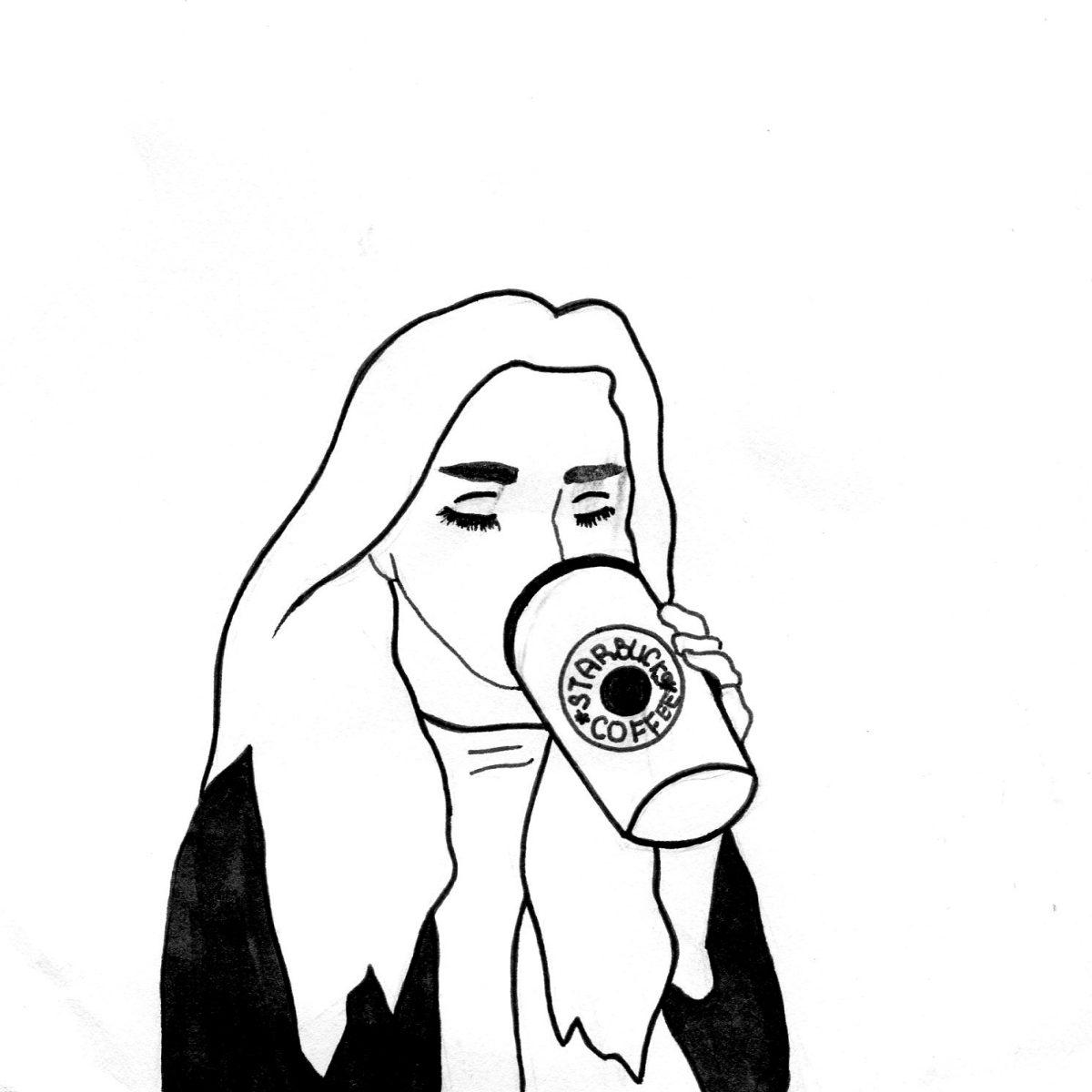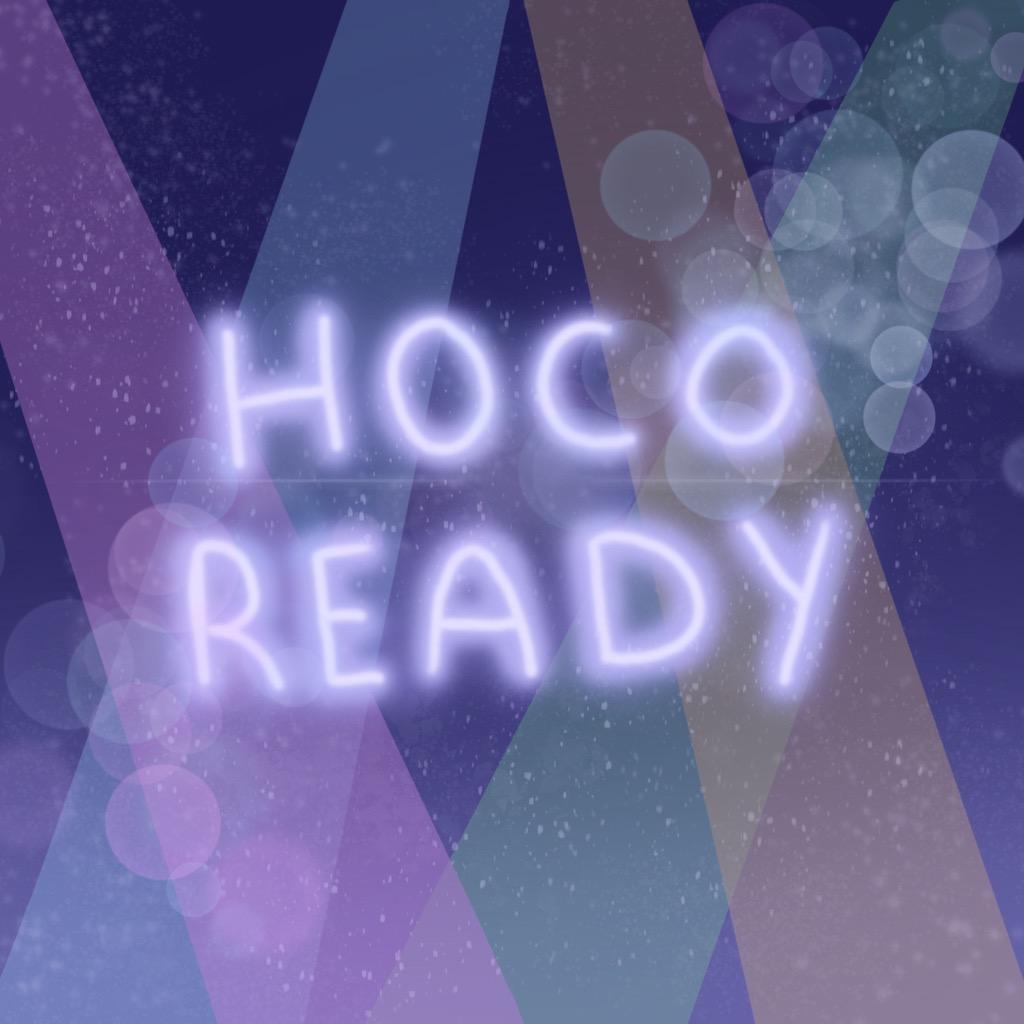The monotonous sound of a morning alarm is one that most teenagers dread. Grogginess is a state that teenagers will do anything to avoid, but research shows
that a cup of coffee is not the solution.
According to a report from The Johns Hopkins University School of Medicine, teenagers need nine hours of sleep per night to perform to their full potential. However, even eight hours of sleep becomes difficult to achieve as students take on a tougher course load with more extracurricular activities in order to attract the attention of colleges. Junior Taylor Boothe participates in jazz band, concert band, string orchestra,
musical tech, speech and debate, cross country, track, Girl Scouts and is a 4-H All-
Star Ambassador. She typically gets six hours of sleep per night.
When asked if she thinks that lack of sleep affects a student’s test grades and
productivity, Boothe said that it makes focusing on tests and in class more difficult.
There are a handful of ways in which students attempt to minimize tiredness, one of the more prominent ones being the use of caffeine. Caffeinated beverages are common among high school students who seek more energy to persist through the day. However,
many teenagers are not aware of the long term effects of caffeine. Overuse can lead to
insomnia, depression, anxiety, headaches, addiction and high blood pressure.
“I really enjoy coffee and tea,” said senior Carina Masters, who drinks a caffeinated
beverage four days a week. “Having coffee in the morning has become a routine, and so it helps me wake up. I like being able to slowly wake up while drinking something nice and warm, rather than having to wake up as school starts.”
Junior Howard Fry drinks coffee daily as a way to stay awake.
“Sometimes coffee is the only way to get me going in the morning,” Fry said. “I
know that it isn’t ideal, but it is practically a necessity to start my day.”
Although lack of sleep has temporary consequences, it can also be harmful later
on in life. Lack of sleep has been connected to anxiety, depression, and among the
leading causes of car accidents. The National Institute of Child Health and Human
Development said that sleep alters students’ ability to think clearly in school, and can
increase the likelihood of heart disease, obesity, diabetes and abnormal blood pressure later on in life.
Contrary to the belief that lack of sleep affects the thinking process, Boothe
said that students who are involved with programs inside and outside of school still
manage to pull off high GPA’s despite the lack of sleep that accompanies their hectic
schedules.
“Students will still want to work hard for a good GPA, and most of my friends with
good GPA’s are involved in numerous activities,” Boothe said.
Colleges encourage students to take multiple AP classes and participate in
extracurricular activities and school sports As a result, high-achieving students often
prioritize finishing their schoolwork and attending their after-school activities over getting the recommended amount of sleep.
“I think that a lot of kids at San Marin, especially in my grade, that have the highest
GPA’s tend to sleep less, which is weird,” Masters said. “I have trouble concentrating when I have less than six and a half hours of sleep.”
Categories:
Lack of sleep causes caffeine dependency
January 11, 2019
0
Donate to San Marin Pony Express
$0
$5000
Contributed
Our Goal
Get the news your kids don't tell you! Written and edited entirely by students, the Pony Express is the best way to find out what's really going on at SMHS.
Donations go towards printing the paper and needs of the student editors.






































